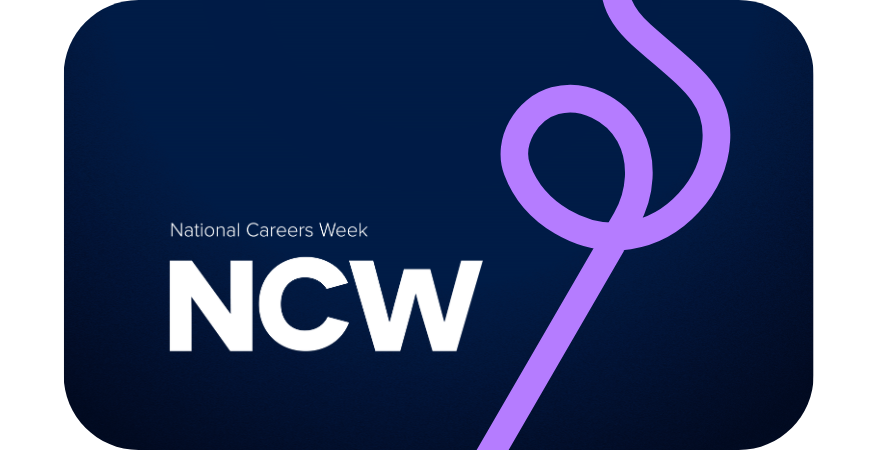
As we celebrate National Careers Week, we are shining a light on the different educational pathways that learners can following in pursuing their dream role.
There isn’t a one size fits all; there isn’t a ‘right way’; and Open Awards continues to advocate for choices for all learners, at whatever stage of their personal or professional journey they are at.
Degrees: Degrees are traditional tertiary education qualifications typically offered by universities and colleges with degree awarding powers. They range from undergraduate (e.g., Bachelor's degrees) to postgraduate (e.g., Master's or PhD). They provide in-depth theoretical knowledge and are suitable for those seeking academic or professional careers in fields like science, arts, humanities, engineering, and more. For example, if you aspire to become a software engineer, you could pursue a Bachelor's degree in Computer Science to gain the necessary skills and knowledge.
Apprenticeships: Apprenticeships combine on-the-job training with classroom learning, allowing individuals to earn qualifications while gaining practical work experience. They are ideal for those who prefer hands-on learning and want to enter specific industries such as construction, healthcare, IT, and hospitality. Apprenticeships are available at Levels 2-7 across a wide range of occupations.
For example, aspiring solicitors in England can enter the field through a level 7 solicitor apprenticeship, where they learn through practical training while earning qualifications recognised by the regulatory body.
A Levels: A Levels are advanced level qualifications typically taken by students aged 16-18. They offer a broad academic curriculum and are often a pathway to higher education. A Levels suit students who excel in traditional classroom-based learning and wish to pursue further studies at universities. If you aim to become a doctor, you can start by taking A Levels in subjects like Biology, Chemistry, and Physics, which are typically required for entry into medical school.
Access to Higher Education (HE) Diplomas: Access to HE Diplomas are designed for mature learners (usually aged 19+) who don’t have traditional qualifications but aspire to pursue higher education. Access to HE Diplomas can also be used for adults wanting to retrain in a new academic area. These diplomas offer a pathway to university or higher level apprenticeships by preparing students for academic study and often focus on specific subjects such as sciences, humanities, or social sciences. For example, if you dream of studying Law but didn't take the necessary A Levels, you can enrol in an Access to Law Diploma program to meet the entry requirements for a Law degree.
Technical or Occupational Qualifications: These qualifications focus on developing specific technical skills and expertise required for particular trades or professions. They are suitable for individuals who prefer practical, hands-on learning and wish to enter industries like engineering, construction, or healthcare. If you're interested in becoming a graphic designer, you could pursue a technical qualification in Graphic Design to develop your skills and build a portfolio for entry into the creative industry.
T Levels: T Levels are in England are two-year courses that combine classroom learning with an extended industry placement, providing students with the knowledge and skills needed for specific career paths. T Levels are suitable for individuals interested in technical professions such as digital technology, healthcare, construction, and engineering. For example, aspiring healthcare professionals can pursue a T Level in Health and Science to gain practical experience in healthcare settings while acquiring the necessary theoretical knowledge for their future careers.
Work Experience: Work experience, whether through internships, placements, or volunteering, offers valuable insights into the professional world. It allows individuals to gain practical skills, industry knowledge, and networking opportunities. Work experience is beneficial for students at various educational levels and professionals looking to enhance their career prospects or transition into new fields. For instance, if you aspire to work in journalism, gaining experience through internships at media outlets can provide valuable hands-on skills and industry connections, supplementing formal education.
The UK's educational landscape is rich with diverse pathways and Open Awards is proud to support alternative routes to provide flexibility, choice and opportunities to learners. Whether one's strengths lie in academic pursuits, vocational skills, or gaining real-world experience, there's a pathway suited to every individual's journey towards personal and professional success.
Let’s remember this during National Careers Week, and remember to talk to learners of all ages about all the opportunities available to them.
